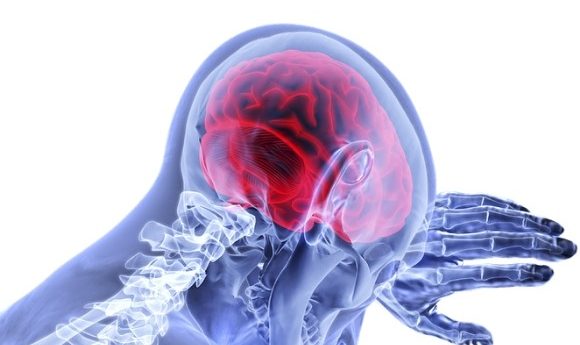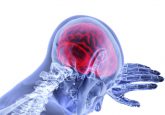The double trouble effect of stress

Researchers show that the well-known, yet previously unexplained, link between heart disease and depression may be due to the inflammatory response to stress. This provides a potential explanation for stress-induced depression and heart disease.
It has been long known that there is an association between heart disease and depression; those with heart disease are more likely to develop depression and vice versa. However, the reason behind this is less understood; it is unclear whether it is due to similarities in genetic or environmental factors. In a new study from the University of Cambridge (UK), researchers believe that the link could be due to inflammation and the body’s response to stress.
“It is possible that heart disease and depression share common underlying biological mechanisms, which manifest as two different conditions in two different organs – the cardiovascular system and the brain,” commented lead author Golam Khandaker. “Our work suggests that inflammation could be a shared mechanism for these conditions.”
In a study that included almost 370,000 participants, the research team found that those who had had at least one parent die due to heart disease were 20% more likely to go on to develop depression in later life. The researchers then calculated a risk score for coronary heart disease, taking into account all the different genes that contribute to the polygenic disorder and calculating their relative contribution.
The results, recently published in Molecular Psychiatry, found that the link between the two disorders could not be explained by genetic factors alone, implying that there must be a shared environmental influence that increases the risk for developing both.
“It is possible that heart disease and depression share common underlying biological mechanisms, which manifest as two different conditions in two different organs – the cardiovascular system and the brain”
For the next stage of their investigation, the researchers looked at 15 biomarkers that are commonly associated with coronary heart disease, using the statistical technique Mendelian randomization to rule out any confounding factors, such as social status. They found that triglycerides and the inflammation-related proteins IL-6 and CRP were risk factors for both heart disease and depression, providing the idea that inflammation may play a role.
IL-6 and CRP are both proteins that are produced as a response to various damaging stimuli, including smoking, infection and stress. Khandaker and his fellow researchers have previously identified the association between these proteins with depression, showing that those with elevated levels of the markers in their blood are more likely to develop the disorder and levels are further elevated in some patients when they have acute depressive episodes.
Regarding triglycerides, though their association with coronary heart disease is well understood, their link to depression is less so.
“Although we don’t know what the shared mechanisms between these diseases are, we now have clues to work with that point towards the involvement of the immune system,” commented Stephen Burgess, an author of the study. “Identifying genetic variants that regulate modifiable risk factors helps to find what is actually driving disease risk.”





